I only ate gut-healthy foods for two weeks and I felt great, but here's where I struggled
Eating a diet of gut-healthy foods made me feel lighter and more energised but it wasn’t always easy to stick to
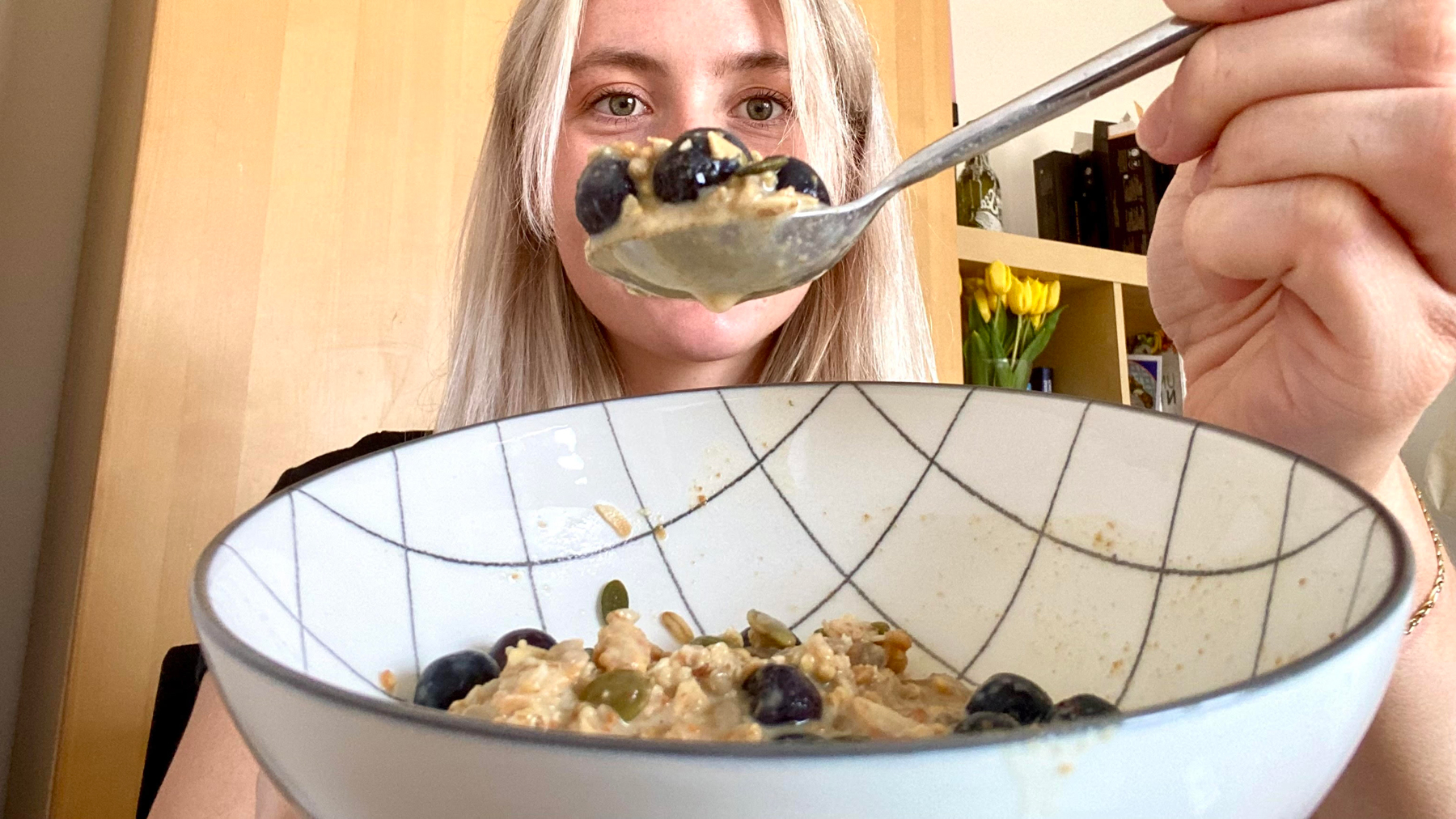

Living in a big city means that there is endless opportunity to eat out and drink often, which makes it far too easy to overindulge. This, of course, can be fun but sometimes it can overwhelm my insides and leave me feeling bloated and low on energy.
When I cook at home I know what's going into my meals and can track the different food groups and nutrients I consume. It’s much harder to know if I’m getting enough of the good nutrients when eating out or on the go and why I take supplements like one of the best fish oil supplements daily. But ideally, I want to have a more holistic approach to feeling healthier on the inside.
I found out that I wasn’t alone in feeling a bit bleugh from my diet. A global survey published in the Gastroenterology journal revealed that 40% of the world’s population have gastrointestinal issues, such as IBS (Irritable Bowel Syndrome) or constipation. I started reading up on how to improve gut health and became really interested in the huge impact that our gut can have on our overall health. Not only does it play a large role in our digestion but it also affects our immune system, heart health, brain health, mood and sleep.
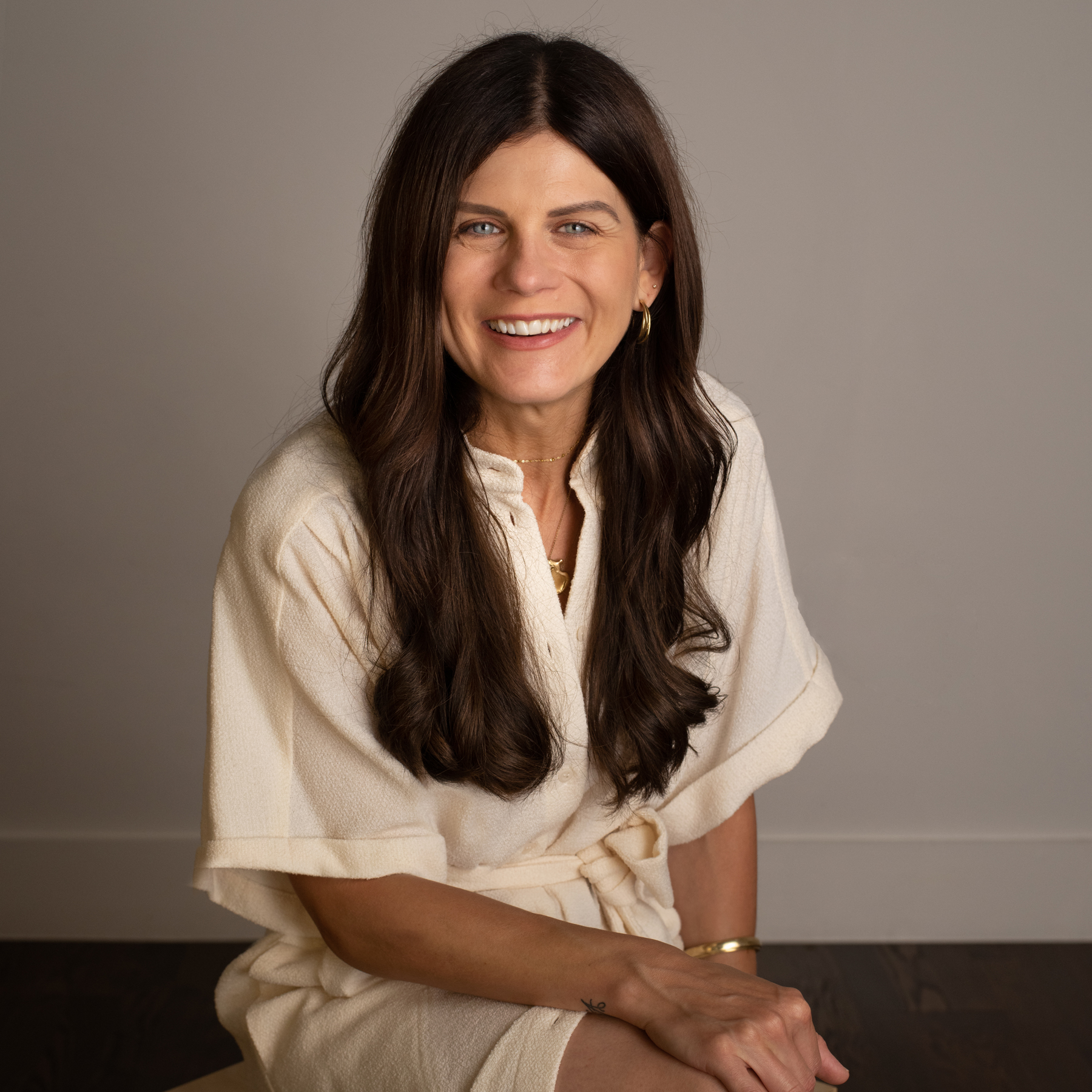
Eve is a certified nutritional therapist specialising in gut health. She is also the author behind 'Happy Gut, Happy Mind', where she equips people with a knowledge on how food can change the way we think feel and look.
But what are gut healthy foods?
While there isn’t a clear definition of what 'gut healthy' foods are, nutritional therapist and gut health expert for KÄLLA probiotics Eve Kalinik, tells us that there are food groups that we generally know to be supportive of the health of our gut.
“The main one being dietary fibre as fibre essentially feeds the microbes in our gut. This is found in all plant-based foods including whole grains, vegetables, fruits, nuts and seeds," says Kalinik.
"Polyphenols that are also found in plant foods and essentially give plants their color may also exert a positive influence on our gut microbiome. And fermented foods also contain microbes that are believed to be beneficial for our gut.”
With this knowledge on my back, I spent a fortnight eating gut-healthy foods, and here’s what happened…
Get the Fit&Well Newsletter
Start your week with achievable workout ideas, health tips and wellbeing advice in your inbox.
1. I felt less bloated
Bloating can be brought on by a number of different factors. For example, anyone who suffers from IBS will know that bloating is a common symptom. Whereas for me, I tend to bloat when I eat a lot of fatty, processed, or greasy foods in larger amounts than usual. Or when I have my period, but this is where the best foods to eat on your period come in handy.
According to research published in the Gastroenterology and Hepatology journal, following a low FODMAP diet is one of the most effective treatments for bloating. FODMAP stands for ‘fermentable, oligosaccharides, disaccharides, monosaccharides and polyols', and these are short-chain carbohydrates (sugars) that the small intestine struggles to absorb. So a low FODMAP diet is basically one that avoids foods that aren't easily broken down by the gut. For me personally, I avoided consuming too many citrus foods, shop-bought salad dressings, really spicy food, and non-wholemeal carbs.
As well as including plenty of foods high in prebiotics such as chickpeas, kidney beans, asparagus, and garlic into my diet, I poured kefir (a fermented milk drink that is high in calcium, protein, and B vitamins) over my breakfast granola, and I took prebiotic tablets to help feed the healthy bacteria in my gut.
Everyone’s gut microbiome make-up is different and some people will find certain foods harder to digest than others. Instead of eliminating food groups I just stripped back my diet a bit and as a result, my body felt lighter and I also felt less clogged up.
I also felt like my satiety between meals improved. This was useful whenever I completed a fat loss workout as it kept me feeling fuller for longer and I avoided snacking on sugary snacks between exercise and meals.
2. I had more energy
I try to apply the rule of 'everything in moderation' to all areas of my fitness and health journey. I avoid overtraining for fear of triggering DOMS (delayed onset muscle soreness) too often but I have learned ways to manage my DOMS recovery. I also try to apply this moderateness to my diet. Otherwise, when I eat too many treats that are high in sugar and contain too much of the bad fats, my energy totally depletes.
I did notice a positive spike occur in my energy levels nearer the end of the two weeks. Whether this was a placebo because I was eating lots of raw and natural foods and prebiotic supplements that are supposed to promote said effect, I’m not sure. However, I woke up feeling awake and ready for my job and felt more motivated to work out. This being said, it's well known that following a well-balanced, healthier diet plays a key part in how to have more energy.
I also slept better on an unbloated stomach. Research from the University of Tsukuba found that our gut bacteria can impact our sleep cycle. The scientists stated that changing the microbes that are in our gut by altering our diet has the potential to aid those who have sleep issues. It can help boost serotonin levels, which have been shown to affect our sleep.
3. It was hard to maintain when socializing
I am not one to turn down social events, especially when it involves catching up over some tasty food or sitting in a beer garden under the sun. This did make eating a gut-healthy diet quite tricky at times and I'm not sure how sustainable others will find it after my own experience.
Our gut won’t thank us for drinking high amounts of alcohol on the regular. Kalinik explains, "Alcohol can directly impact the composition of the gut microbiome leading to ‘dysbiosis,’ which is an imbalance of microbes in the gut. This means we have less of the ‘good bugs’ and more of the not so friendly bacteria”.
Obviously, put off by this I did steer clear of having alcoholic drinks when out with friends but this meant opting for water when out in bars or restaurants as other drink alternatives tend to be full in sugar, which my gut also doesn’t respond well to.
Additionally, it wasn’t always possible to avoid fattier ingredients or non-wholemeal options when dining out for food. So I did make the odd exception. For example, when at a pizza restaurant I wasn’t prepared to order myself a salad when the girls were sitting around me with glorious-looking, stonebaked pizzas oozing with cheese and cured meats.
However, what I did learn from doing my own research and from speaking to gut health experts is that a gut-healthy diet isn’t about restricting yourself. The experience made me become more in touch with what foods have what effect on my stomach and gut. When I do indulge in lesser gut-healthy foods now I don’t feel awful inside because I am developing a stronger more diverse gut and I know when I’m consuming too much of something. I also now enjoy adding daily vitamins into my diet to support my gut health such as one of the best B12 supplements.
Jessica is an experienced fitness writer with a passion for running. Her career in journalism began in local news and she holds a Masters in journalism. Jessica has previously written for Runners World, penning news and features on fitness, sportswear and nutrition.
When she isn't writing up news and features for Fit&Well covering topics ranging from muscle building, to yoga, to female health and so on, she will be outdoors somewhere, testing out the latest fitness equipment and accessories to help others find top products for their own fitness journeys. Her testing pairs up nicely with her love for running. She recently branched out to running 10Ks and is trying to improve her time before moving on to larger races. Jessica also enjoys building on her strength in the gym and is a believer in health and wellness beginning in the kitchen. She shares all of this on her running Instagram account @jessrunshere which she uses for accountability and for connecting with like-minded fitness lovers.
-
 I do these two things every day to stay fit and healthy, says the newest star trainer on Chris Hemsworth's fitness app
I do these two things every day to stay fit and healthy, says the newest star trainer on Chris Hemsworth's fitness appHere's how Centr's Korey Rowe trains for longevity
By Sam Rider Published
-
 I thought sports weren't for me, until I realised they're a game-changer for ticking off cardio
I thought sports weren't for me, until I realised they're a game-changer for ticking off cardioI swapped HIIT and running for tennis—and I've never felt better
By Alice Porter Published
-
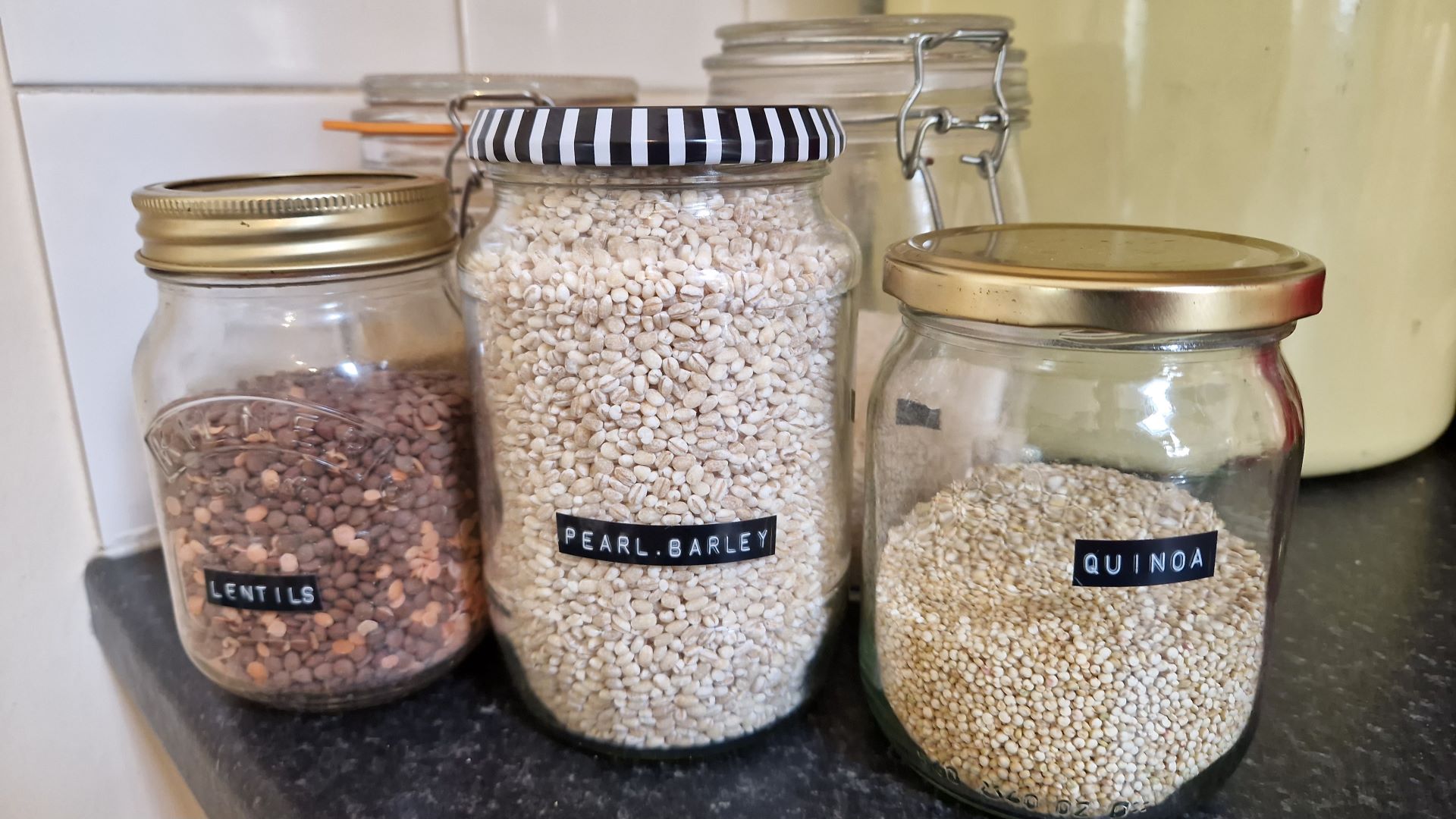 Try this easy trick to step up the fiber content of white rice—your digestive system will thank you
Try this easy trick to step up the fiber content of white rice—your digestive system will thank youNutrition Boost the fiber content of your white rice, without sacrificing on flavor and texture
By Lou Mudge Published
-
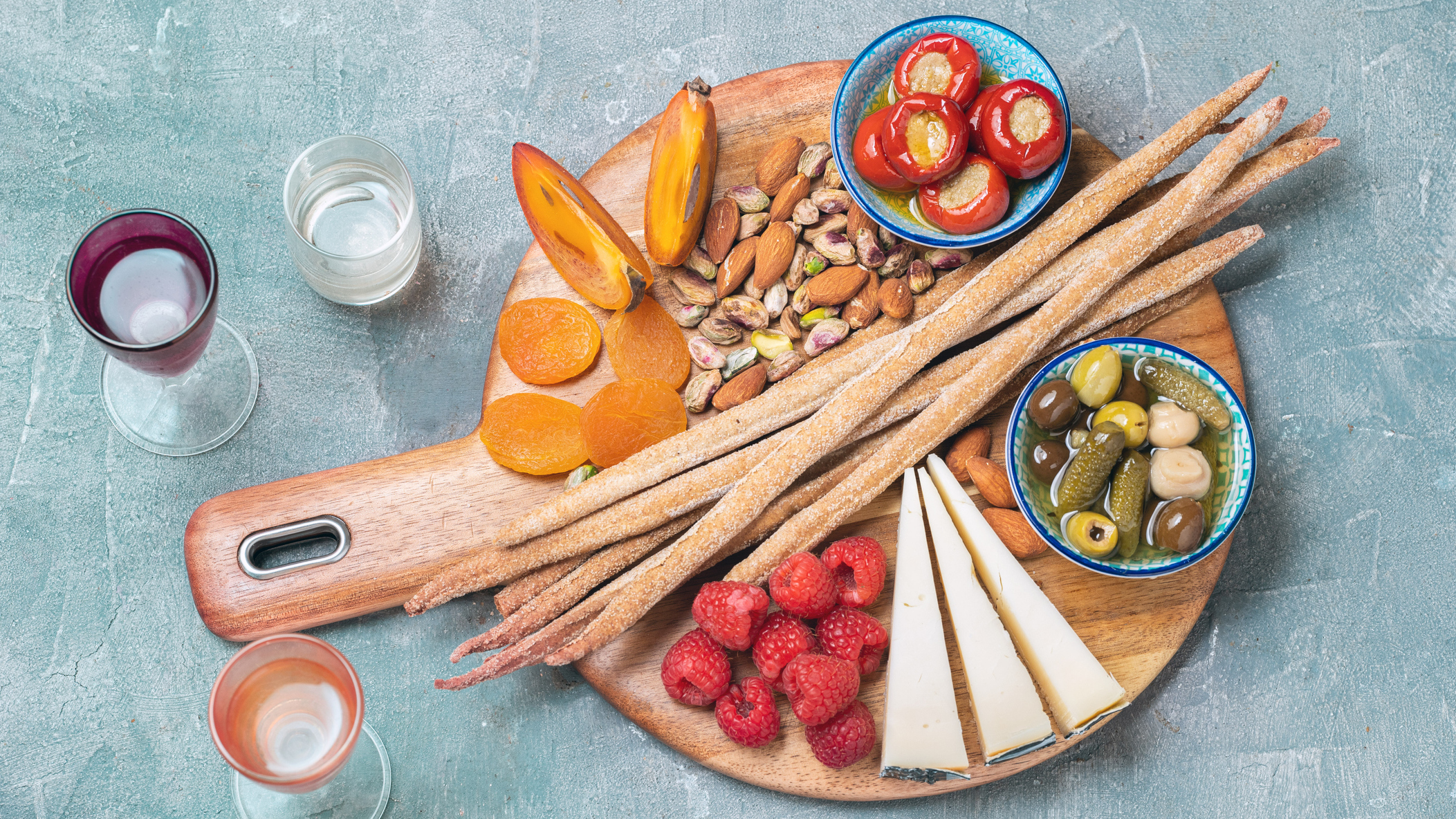 I tried eating 30 different plant foods in a week—here's how I did it
I tried eating 30 different plant foods in a week—here's how I did itNutrition I wanted to see if I could hit the experts' recommendations to improve my gut health, and it only took a few small tweaks
By Claire Munnings Published
-
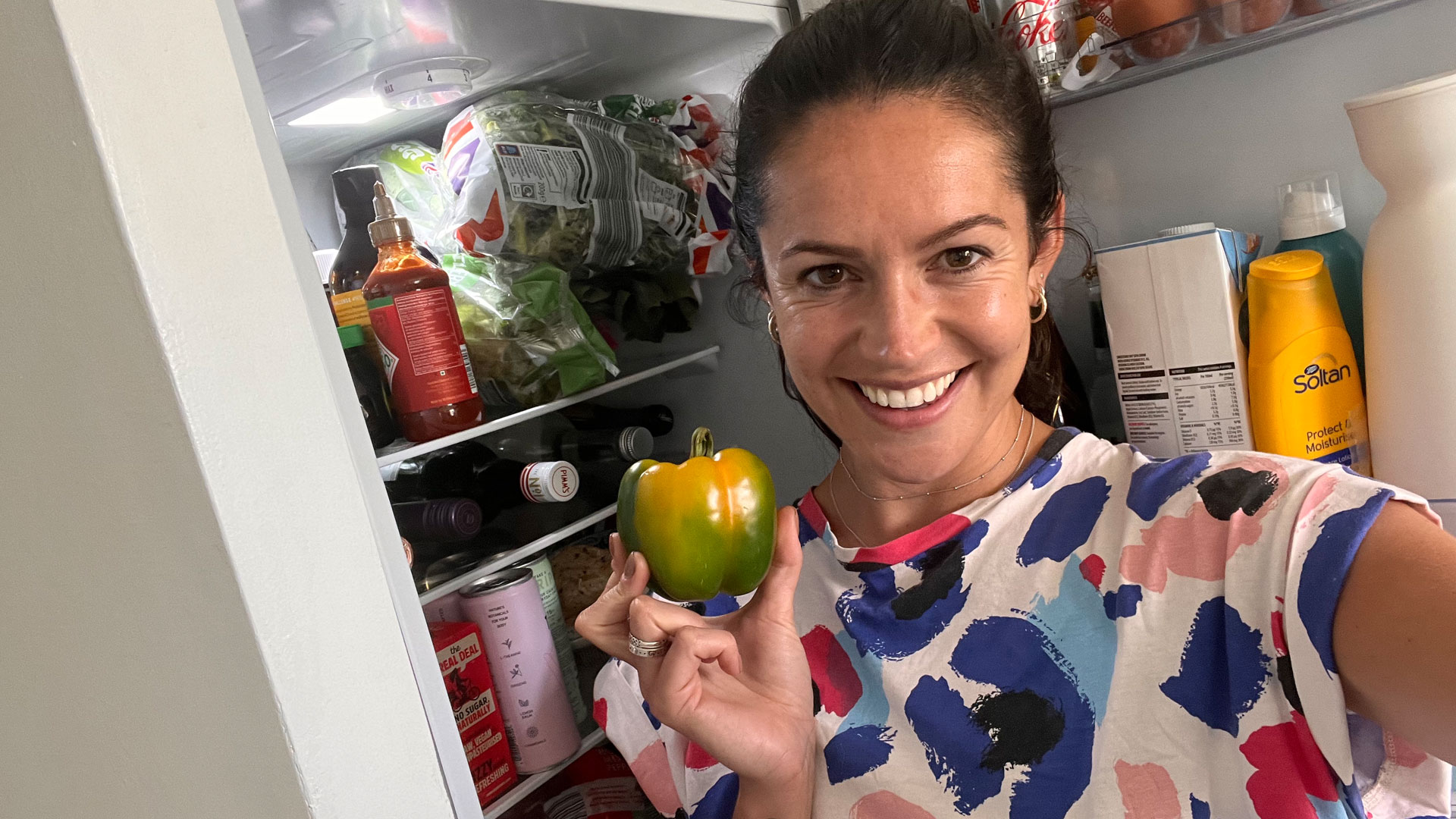 I ate 10 portions of fruit and veg every day for a month, and I feel great
I ate 10 portions of fruit and veg every day for a month, and I feel greatNUTRITION It might seem a lot but the benefits were worth it, here’s why
By Lucy Gornall Published
-
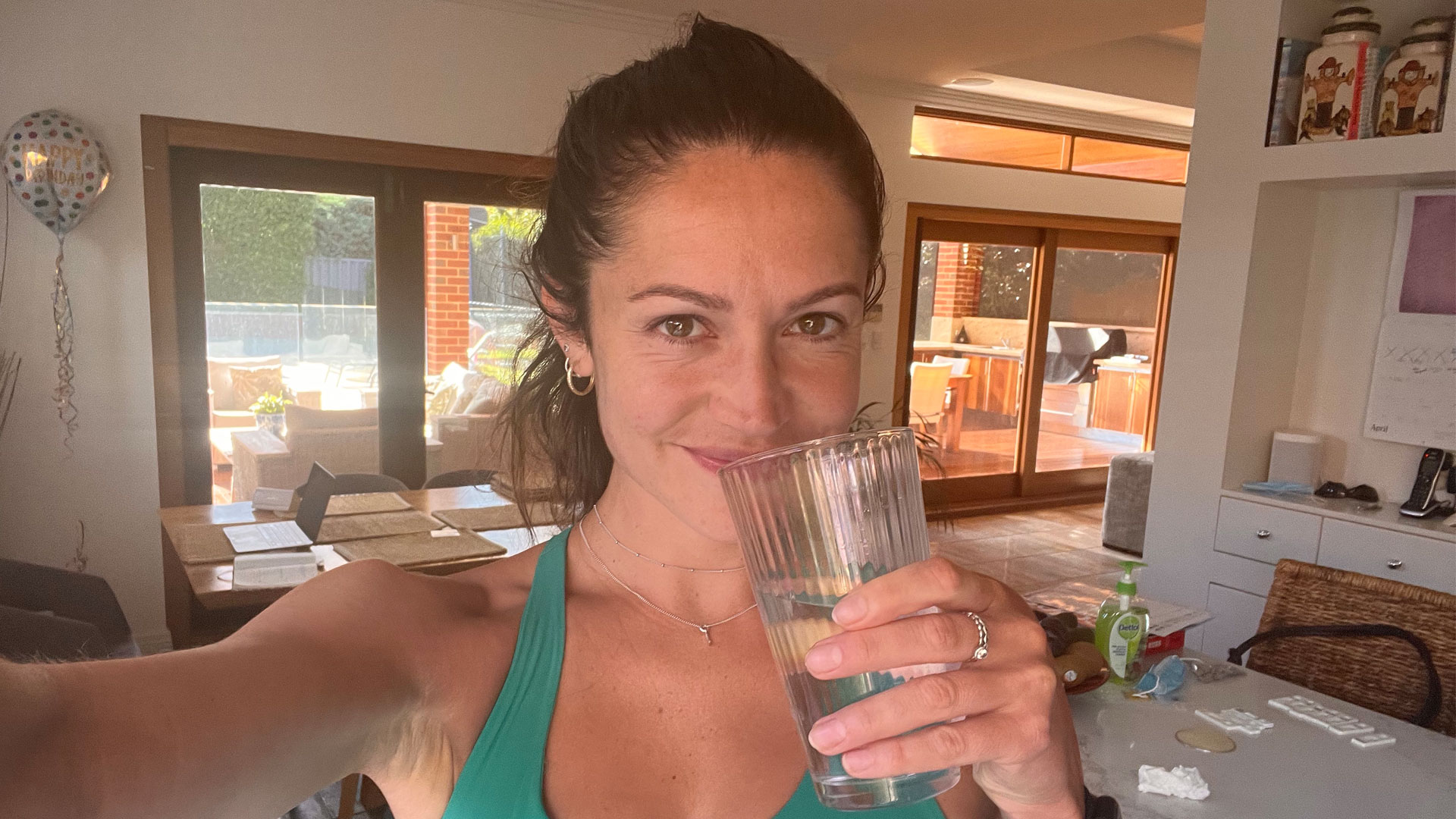 I drank 1 gallon of water every day for two weeks, and the results were interesting
I drank 1 gallon of water every day for two weeks, and the results were interestingHealth Here’s what happened when I started drinking a lot more water
By Lucy Gornall Last updated
-
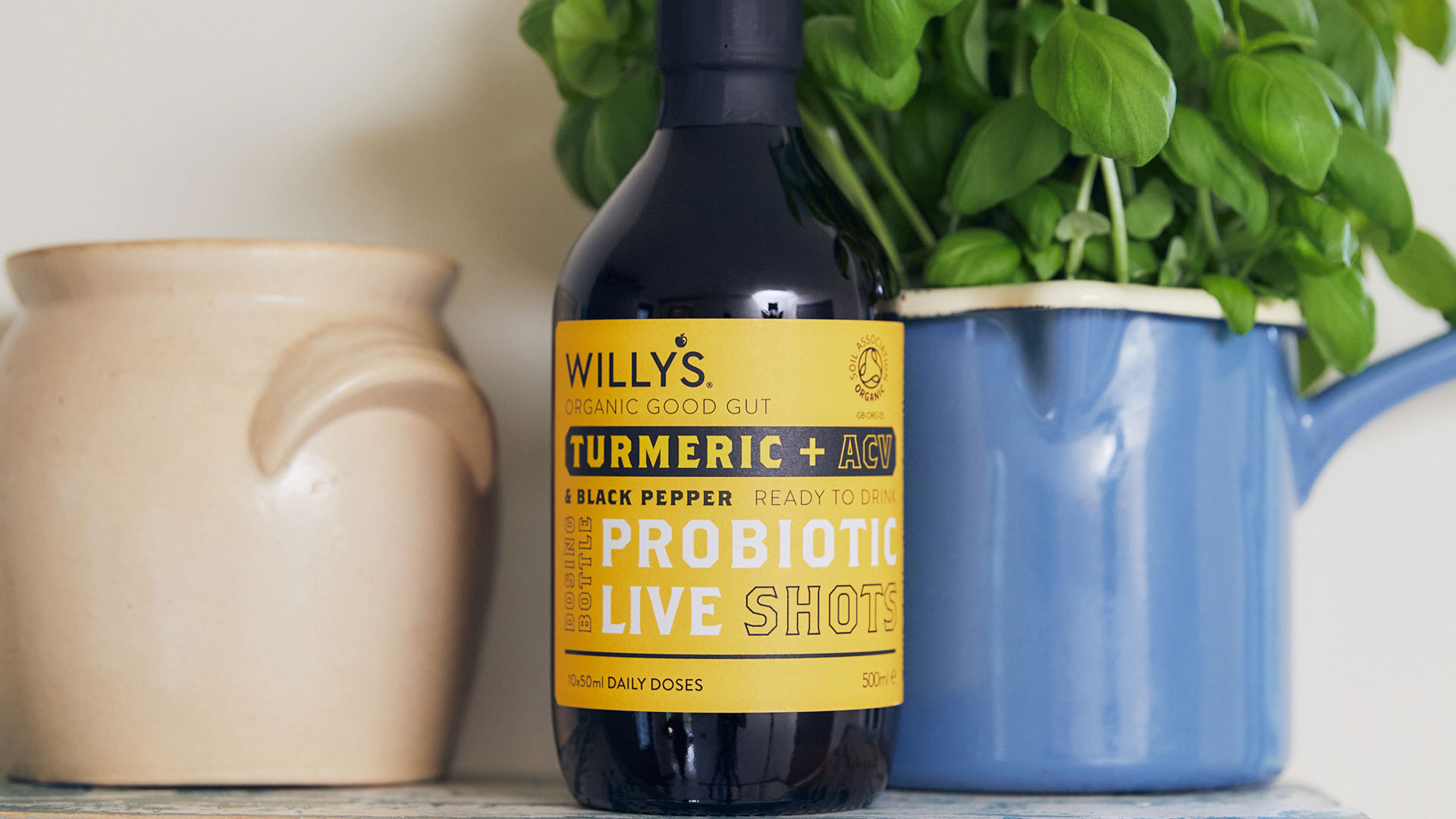 I drank apple cider vinegar for 30 days and this is what happened
I drank apple cider vinegar for 30 days and this is what happenedNutrition When I drank apple cider vinegar for 30 days, the results weren’t what I expected
By Lucy Gornall Published
-
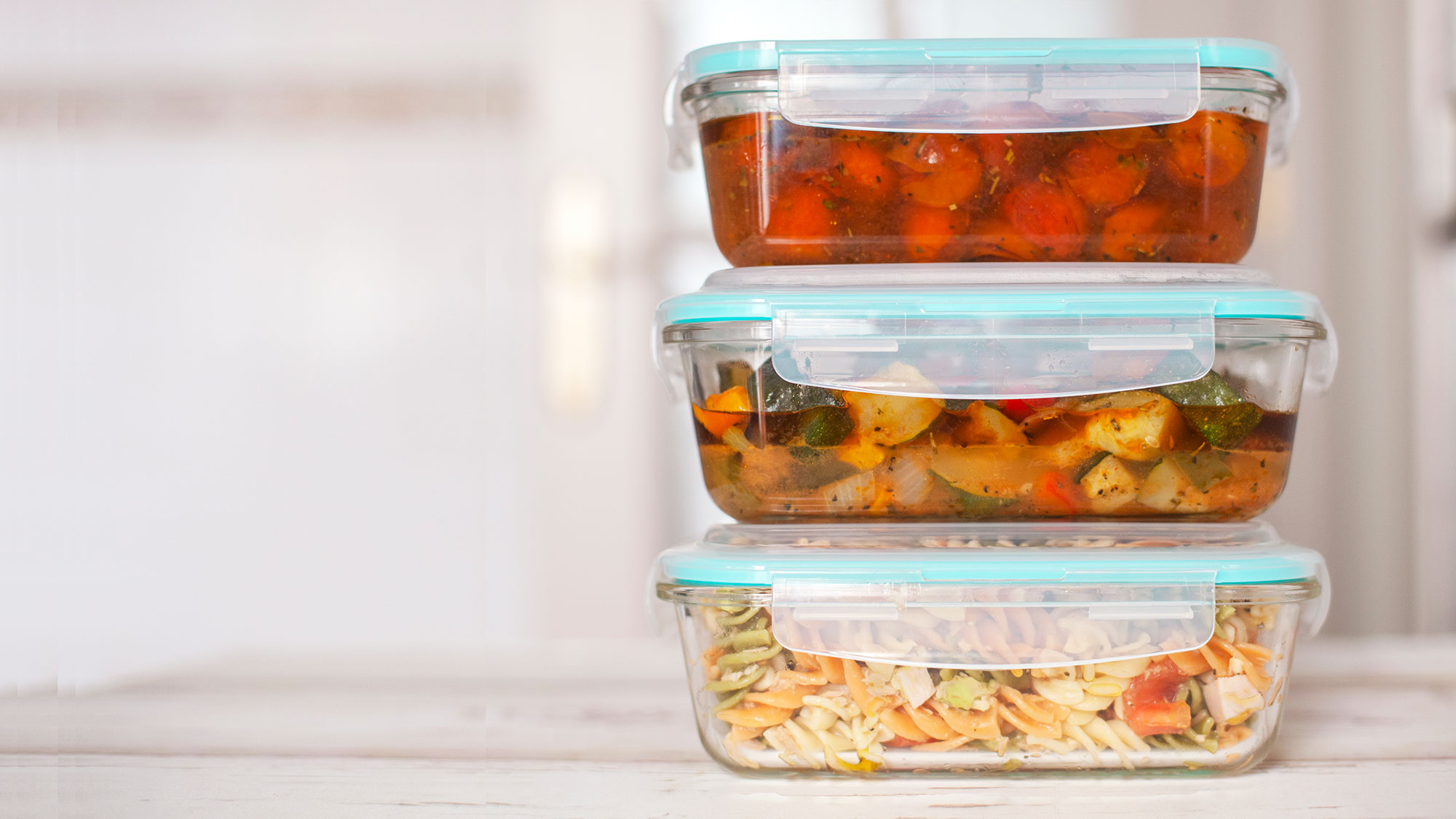 'I started meal prepping and it changed my life for the better'
'I started meal prepping and it changed my life for the better'Nutrition Our busy writer tries discovers the benefits of meal prepping, including healthier eating and less food stress
By Lucy Gornall Published
-
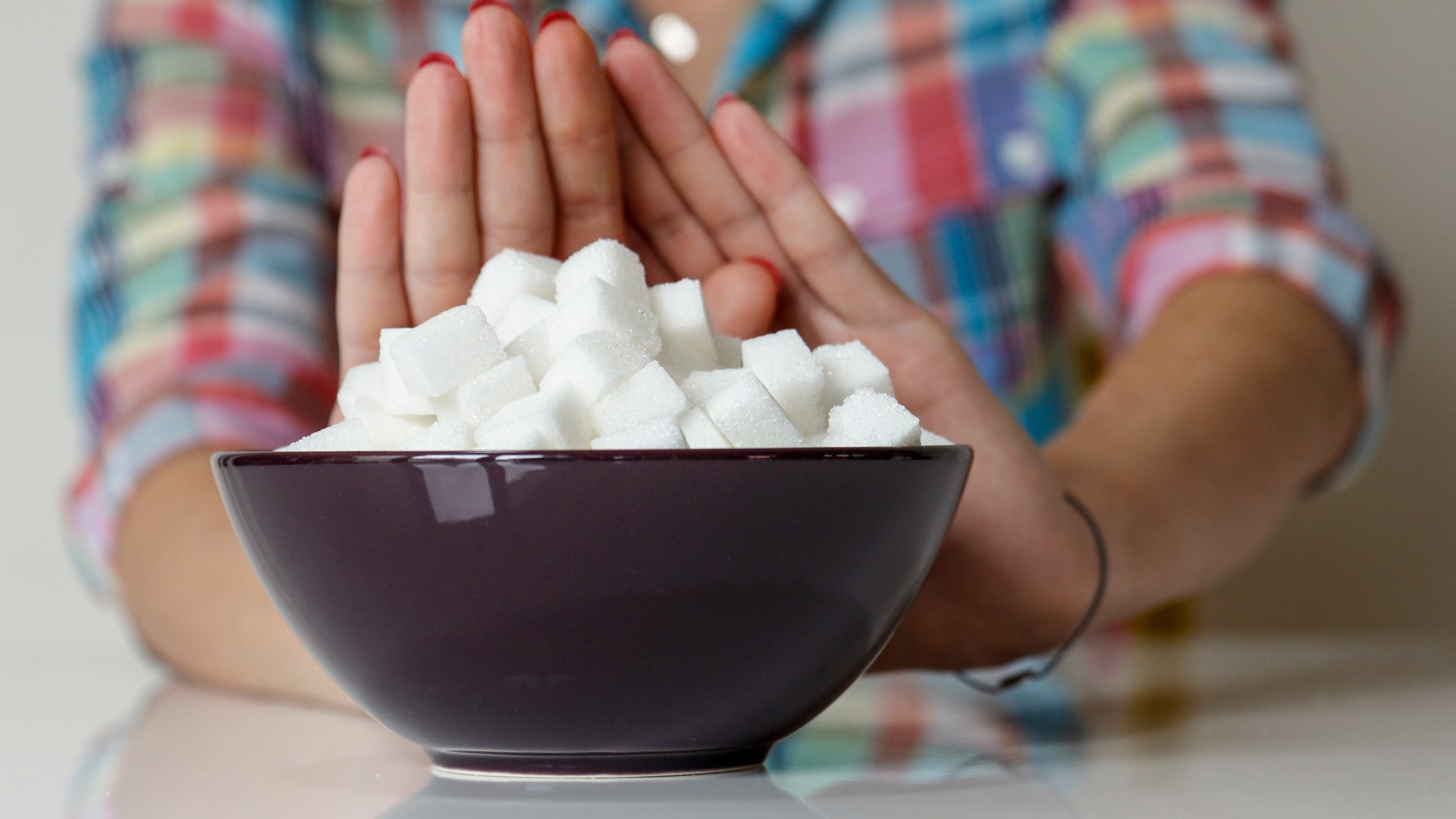 'I gave up sugar for 7 days and this is what happened'
'I gave up sugar for 7 days and this is what happened'Nutrition Our writer gave up the sweet stuff for one week and noticed a few changes...
By Lucy Gornall Published
-
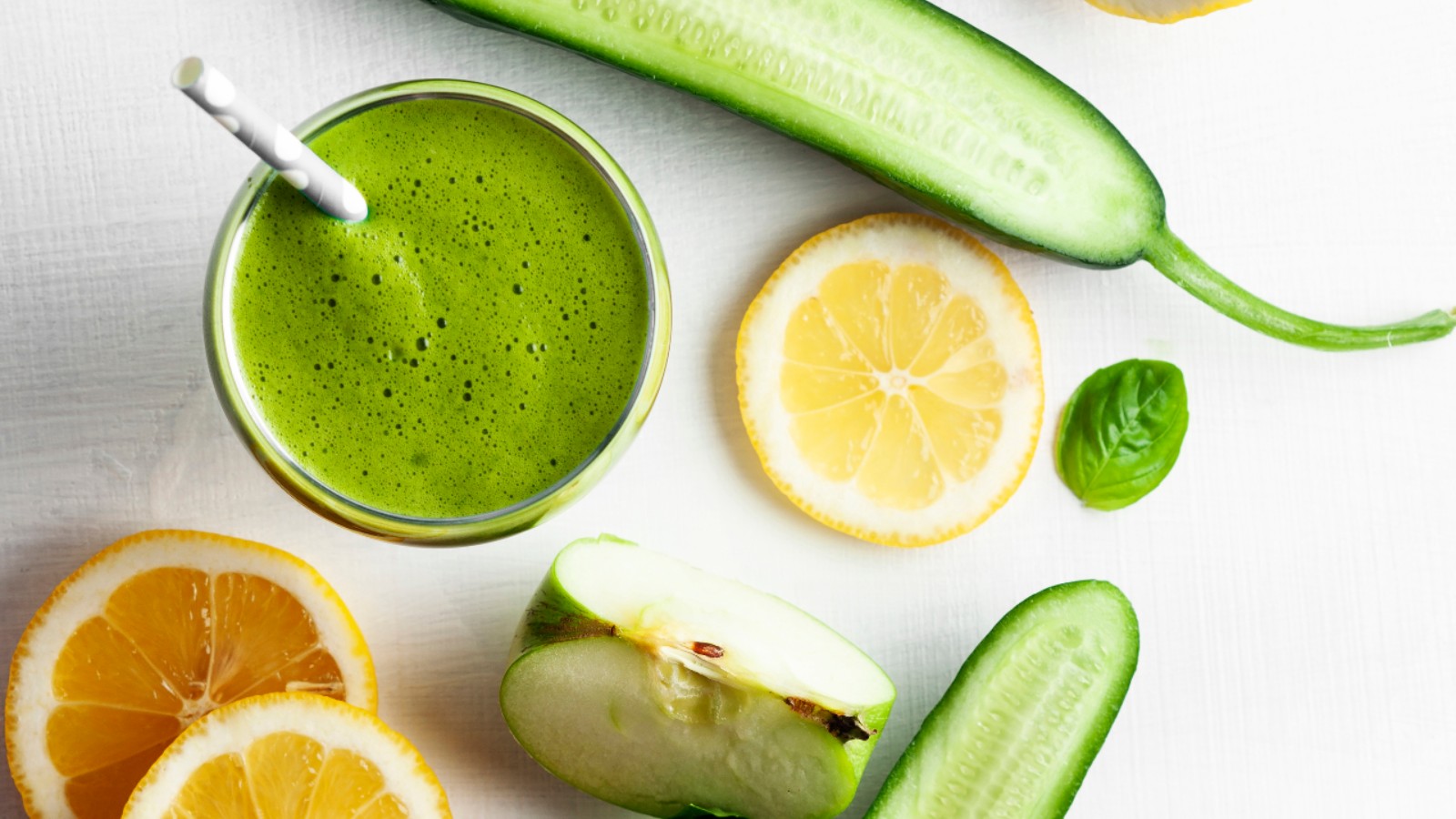 ‘I tried a three-day juice cleanse and this is what happened’
‘I tried a three-day juice cleanse and this is what happened’Nutrition Lockdown 3.0 provided the perfect opportunity for Lydia Swinscoe to explore the realities of a juice cleanse
By Lydia Swinscoe Published